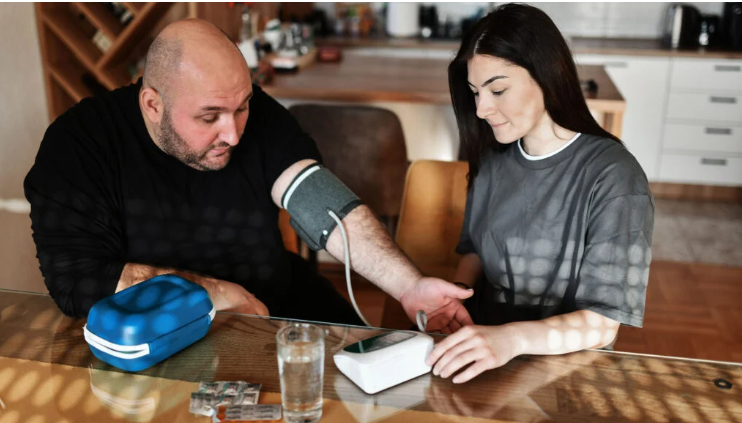- Insufficient sleep and trouble sleeping are strongly associated with a greater risk of hypertension in women, according to a new study.
- It is unclear whether poor sleep or high blood pressure is the cause, but the association appears to be significant.
- The study’s authors recommend keeping a close eye on one’s blood pressure and taking insomnia and sleeping problems seriously.
A new study from Brigham and Women’s Hospital in Boston, Massachusetts, finds an association between not getting enough sleep and hypertension in women.
The authors of the study recommend that women who get insufficient sleep undergo screening for high blood pressure and, if they have trouble sleeping, explore ways of resolving such sleep issues.
The study is published in HypertensionTrusted Source.
The researchers of the current study tracked the health of 66,122 women enrolled in the Nurses’ Health Study 2 (NHS2). The participants ranged in age from 25 to 42. All were without hypertension at enrollment in 2001. The researchers followed the participants’ health statuses for 16 years, assessing their blood pressure every two years. During follow-up, they observed 25,987 new cases of hypertension.
The researchers factored in lifestyle and demographic risk factors and found that women’s risk of hypertension was associated with both an insufficient amount of sleep and trouble sleeping.
Women who slept equal to or less than five hours every 24 hours were 10% more likely to develop hypertension, while women who slept six hours were 7% more likely to develop the condition.
There was no increased risk of hypertension for women sleeping more than eight hours, nor was there a greater risk for women working night shifts or having an evening chronotype.
Women who reported sometimes or usually having trouble sleeping were 14% and 28% more likely to have hypertension, respectively, compared to those who rarely had problems sleeping.

1 thought on “High blood pressure may be linked to insomnia, sleep troubles”